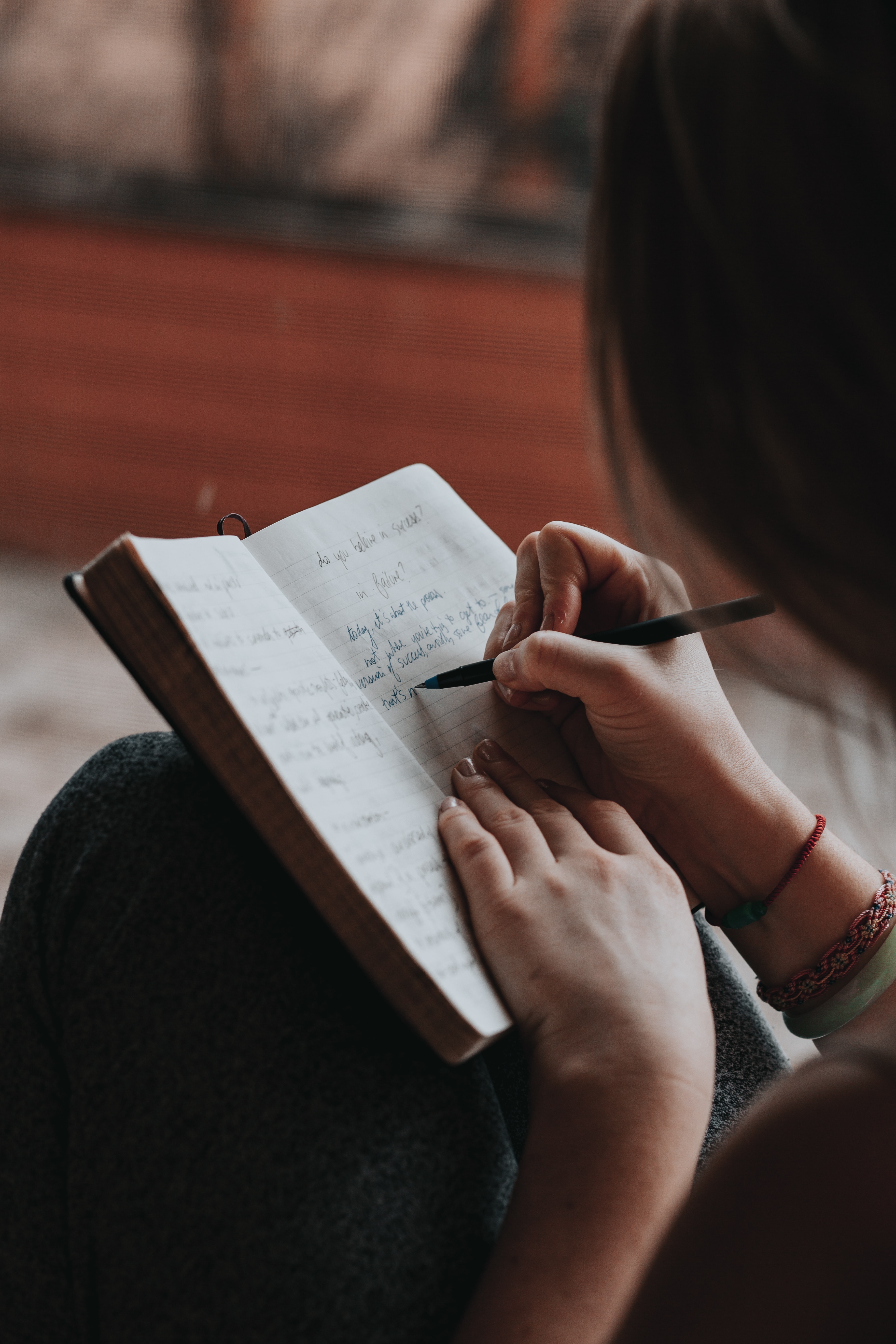Are you having issues with neighbours that you can’t resolve? Maybe they have loud parties in the middle of the night or there are gangs outside your house that make you feel threatened. Whatever the issue, it is recommended to keep evidence of the disputes, which can be used in the future. So, how should you log the incidents and what evidence do you need in a neighbour dispute?
Why Gather Evidence of a Neighbour Dispute?
What starts out as a disagreement between two neighbours can quickly escalate into legal proceedings, if matters can’t be resolved between the parties. A log of the incidents is extremely helpful if you wish to make a complaint to the council or if the matter goes to court.
Without a clear log of the issues with the neighbours, it will be extremely difficult to recall the individual circumstances of the events.

How to Gather Evidence of a Neighbour Dispute?
You want to keep the evidence in neat order, so you can locate specific evidence quickly. It might be a good idea to purchase a separate diary, solely used to log the issues with the neighbour. Alternatively, you can purchase a specific log book from Amazon.
For each incident, keep a note of the following:
- The issue (i.e noise or anti-social behaviour)
- The date
- The time (the time it started and how long it went on for)
- Who the perpetrator was (if known)
- If anyone else was present that could act as a witness
- How the event is making you feel and the impact on your health
- Noise level (if appropriate)
- Add any other details that are relevant, as memories fade and multiple incidents can merge into one
I would recommend filling out the log straight after the incident (or as soon as you can) so you don’t forget any of the details.
If the issues impact the wider community, then you should ask your neighbours to also keep a log, as this will back up your evidence.
Noise Complaint
How to prove noise nuisance? If your neighbour dispute relates to a noise complaint, then you could purchase a digital sound level meter. These are inexpensive and you can log the noise level for each incident. Alternatively, the Environmental Health Team at your local authority may be able to provide you with noise monitoring equipment.
If the dispute continues, the local authority will want to install their own device if they are going to rely upon it, but having your own device can be helpful to know if the noise would be deemed reasonable or not.
Some local authorities also have an app that you can download to monitor the noise level. You will need to contact your specific local authority to see if they offer this service.
Written Correspondence
If you have written to the neighbours, council, landlord, etc, then keep a copy of the letters in the file. Similarly, if you have received threatening letters, emails, etc, then ensure to keep these. I appreciate that if the evidence is triggering, you may simply want to dispose of it, but you should keep it, as it could be useful evidence.
If you have received correspondence online, such as from Facebook, take a screenshot because it could later be removed.
Photo/Videos
As well as written evidence, if appropriate, you can take photos and videos to back up your log book. There are certain rules on taking photos, for example, you shouldn’t take a picture of anyone under the age of 16 or take photos on someone’s private property.
You can use CCTV as evidence but ensure that it is only recording your own property/land. If your CCTV is directed at a neighbour’s property, then this can be deemed as harassment.
The gov.uk has a guide on the use of CCTV; https://www.gov.uk/government/publications/domestic-cctv-using-cctv-systems-on-your-property

Summary of Gathering Evidence for a Neighbour Dispute
Gathering evidence can be time-consuming but it will be worth it in the long run. If you are unsure if a specific type of evidence is necessary/will be accepted, then call your local council to ask their opinion. If you have to instruct a solicitor, they will ask confirm what evidence they want for their file.
Depending on the issues, e.g. it is a complex boundary issue, you may need to instruct an expert to provide advice on the dispute.
When you are gathering the evidence you should ensure to do it in a safe way that isn’t going to aggravate the issue further.
Gathering evidence is important but if you are in immediate danger then you should call the police!





Leave a Reply